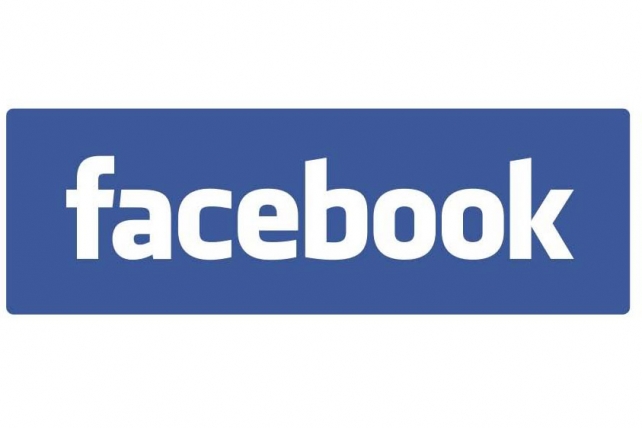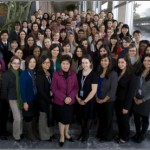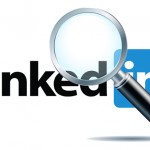Internet technology has significantly changed the landscape of public health surveillance.
YouTube Special Feature
The Emerging Role of Social Media in Public Health. Over the past fifteen years, Internet technology has significantly changed the landscape of public health surveillance and epidemic intelligence gathering. Disease and outbreak data is disseminated not only through formal online announcements by government agencies, but also through informal channels such as social networking sites, blogs, chat rooms, Web searches, local news media and crowdsourcing platforms. Dr. Brownstein discusses the current capabilities and future directions in the use of the non-traditional data sources for the purposes of public health surveillance and rapid detection of emerging infectious diseases.
Social media, such as Facebook and Linkedin, are very powerful tools to make business connections and to find work in public health and many other industries. If you want to find a personally and financially rewarding job in public health, you should try these social media tips below.
By using LinkedIn and Facebook in these ways, you will be able to have an easier time landing a good public health job.
Update your status often. Providing an update about what you are up to professionally on a regular basis makes you visible to your connections. If you find an interesting story that is relevant to public health, post it and make some intelligent comments about it. If you hear about any interesting job or internship openings that are not necessarily something you are interested in, post those as well. Become an interesting public health information resource for your contacts.
-
Add new sections to your profile. LinkedIn has several extra sections other than the standard ones where you can show off your public health projects, volunteer experience, test scores and foreign language skills. These extras can be useful for workers who do not have a lot of experience yet in public health.
-
Add connections carefully. Your network on LinkedIn truly is only as valuable as your network of connections. For a few types of professionals, such as salespeople, having a lot of connections may be a good thing. But if you are working in a specific industry such as public health, you probably want to focus more on the quality of the connections and not the quantity.
-
Write a strong summary. Your LinkedIn summary needs to be a strong and concise summary of your public health-related skills, and not about the company for which you currently work. You should discuss what exactly you do to improve public health in your job or internship, and not what the organization does. Give lots of good details about public health project results to which you have contributed.
-
Participate in public health groups. One of the most important ways to use LinkedIn effectively is to provide intelligent commentary in public health-related groups. A great way to find work leads is to become a trusted resource of public health information in public health groups, such as Linkedin Global Public Health group.
-
Remember names. An underappreciated advantage of LinkedIn is that it can help you in offline networking situations. If you just look at someone’s profile after you met them at a conference, it can help you to remember who they are and what they do. On a related note, make sure that you have a good picture of yourself on your profile so that people can remember YOU.
-
Connect. Yes, this sounds obvious, but actually, not as many people use Facebook for professional networking as you might think. Facebook is used more for personal connections by most people. So, if you use it professionally, it can help you to stand out. One way to do this is to find a company in public health that is recruiting, then discover who the hiring manager is in your desired department. Then look for friends and friends of friends to try to get referred to people who work there.
-
Frequent job status updates. People want to help other people. And if you are looking for public health work, you should post your status about it once a day. A lot of people have connections that you do not know about. You never know just who in your personal network might know someone in a big public health organization.
-
Try Facebook Marketplace. Many people are familiar with Craigslist and Gumtree for their job search, but how about the Marketplace on Facebook? Go through your local marketplace to see what sort of job listings are there.
-
Join Facebook Groups. Facebook groups are very similar to those on LinkedIn, where you can discuss and post information and news about topics of interest, such as public health. You can add a lot of value to these groups by starting or joining public health-related discussions, posting links and resources, or even moderating sections of some of the groups. The idea is to get noticed in the public health field and to network.
SEE ALSO: How to Guarantee Yourself a Job in Global Public Health










